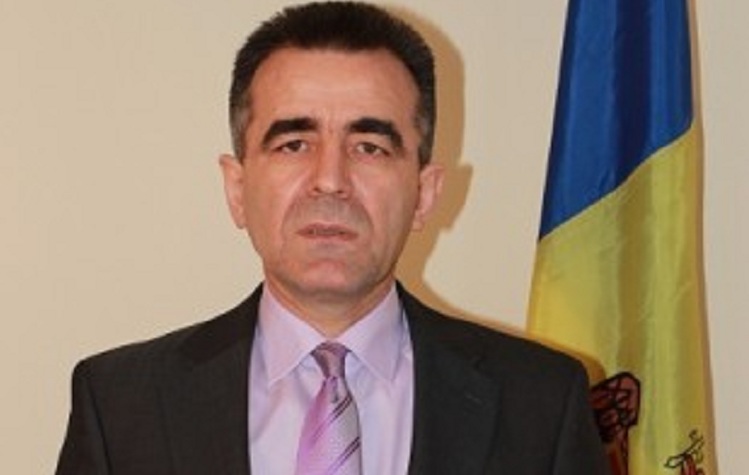
By signing the EU Association Agreement in June 2014, Moldova confirmed its commitment to joining the EU. As Prime Minister Iurie Leancă pointed out at the signing, Moldova considers itself an EU country, not only because of its geographical location but also because of the values it shares with other EU members. Mihai Gribincea, Moldova’s Ambassador to the kingdom of Belgium and Head of Moldova’s mission to NATO, discusses his country’s EU and NATO ties.
European Times: What is the importance of the EU Association Agreement for Moldova?
Mihai Gribincea: The Association Agreement aims to deepen political and economic relations between the EU and Moldova and to gradually integrate Moldova into the EU’s internal market, the largest single market in the world, through the Deep and Comprehensive Free-Trade Area (DCFTA) covering the EU and Moldova. Members of EU Parliament approved the Association Agreement in a vote of 535 to 94, with 44 abstentions. As Petras Auštrevičius, Lithuanian Member of the EU Parliament and part of the EU-Moldova Parliamentary Cooperation Committee delegation, explained, “The ratification of the EU-Moldova Association Agreement is a clear acknowledgment of the success of Moldova’s political and economic reform process, which establishes its European prospects and bears witness to its determination eventually to join the EU.”
European Times: What impact will the Association Agreement have on Moldova?
Mihai Gribincea: The Association Agreement is regarded by Moldovan authorities as a roadmap for future reforms. Its implementation will help the government to complete Moldova’s modernisation process and make Moldova a truly European democracy with a free market, competition and transparency. The Agreement is bringing EU standards to Moldova’s political, social, and economic spheres, and offers the benefits of European integration to Moldovan citizens, who will feel part of the greater European family of nations. The government also expects that the Association Agreement will positively affect the Moldovan economy. For Moldovan producers and farmers, the agreement has opened up a market of 500 million consumers and will lead to further modernisation as well as improved quality of Moldovan products. In addition, the Agreement makes Moldova much more attractive as an FDI target and this will result in significant job creation. Independent economic research suggests that Moldova’s participation in the DCFTA will boost its exports to the EU by 16%, and imports from the EU by 8%. The DCFTA as a whole is expected to increase Moldova’s GDP by 5.4% annually, if reforms are completed. Moldova welcomes European trade partners and investors. Investing in Moldova can not only benefit Moldova but will also make the EU stronger and help bring stability to the region.
European Times: What are the main tasks of the Embassy of the Republic of Moldova in Belgium?
Mihai Gribincea: The embassy promotes the Moldovan government’s EU integration policies and supports Moldova’s political and economic interests. One of the embassy’s key tasks is to present a positive image of Moldova through highlighting its culture, arts and national traditions. For Moldova, joining the EU represents cultural as well as economic integration, and helping Europeans understand Moldova’s culture, history and arts will show them that Moldova shares EU values. Moldova is a European country that deserves a European destiny.




